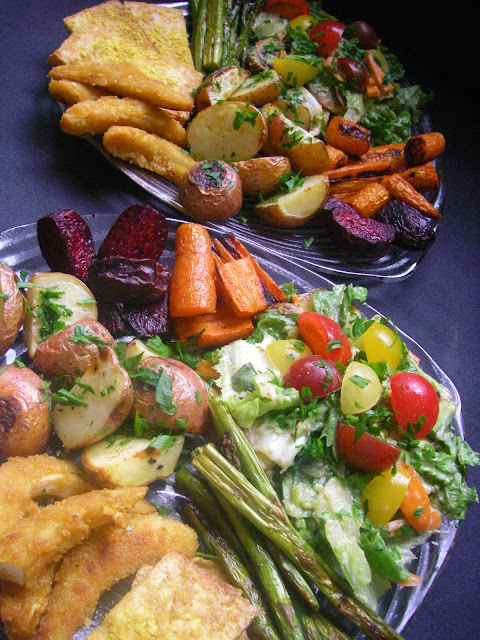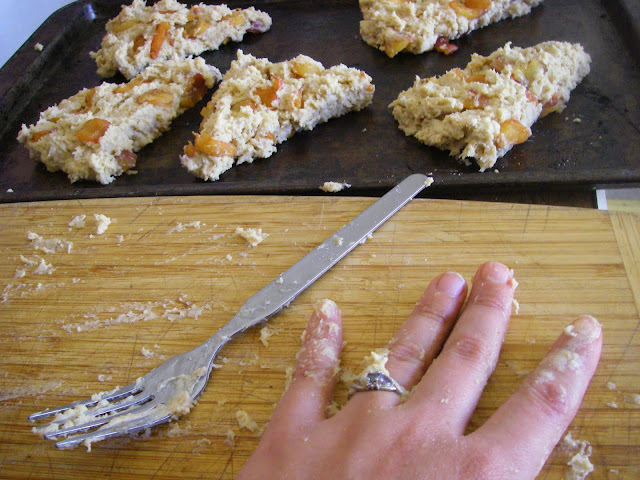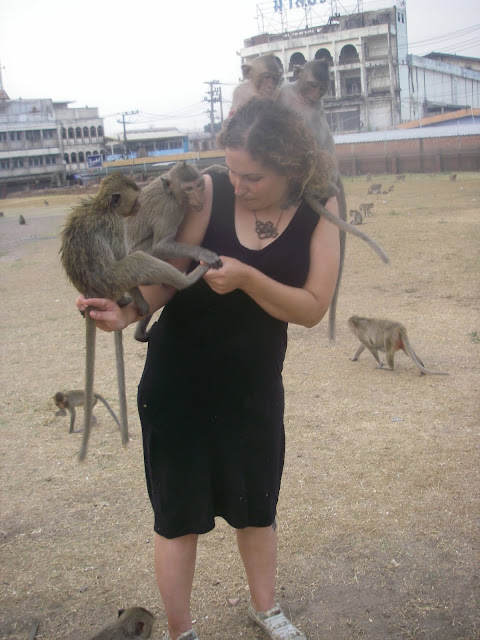The conflict:
My desire to talk passionately about some thoughts
* I had while reading Derrick Jensen's Endgame - Volume 1 - The Problem of Civilization
vs
Luna's desire to spend the evening quietly.
The solution:
Cuddling and watching YouTube videos of Lopburi, my favorite place in
Thailand the world. Where else can you, for $7 a night, stay in a hotel surrounded by chainlink fence, which monkeys (macaques) climb on all day and night (except of course when they're sleeping together on your roof in big piles, grooming each other, sunbathing on the temple ruins nextdoor, swinging from power lines or stealing your iced coffee).
Here are some photos we took there:
 |
| (taking food from a vendor's cart!) |
 |
| the tourism office |
Lopburi, three hours north of Bangkok via train, was a TINY town (a few blocks by a few blocks, filled with monkeys, street food, super-friendly non-English-speakers and preteen boys playing video games in internet cafes), but it had an incredible outdoor market with all kinds of fresh food (and according to our guidebook, a "vegetarian pavillion," though no one we asked about this -- ahahn mangsawirat utinai? -- could point us in the right direction.) Anyway, it would have been an incredible time to have a kitchen (over 2 months in Thailand without a kitchen - aside from my one-day cooking class - was toooough.)
We bought snacks (Chinese donuts and hot soymilk from a street vendor, iced coffees (kaafae mai sai nom), bananas and raw veggies to feed us AND the monkeys, and the market food pictured below) and took most of our meals from a little outdoor Chinese restaurant set up right in the park, where everyone (but us) knew everyone and everyone was laughing and talking loudly non-stop.
 |
| bulk rices for sale in the outdoor market |
|
 |
| bulk curry pastes |
 |
| Pineapple, tofu, raw veggies, iced coffee, and what we thought was coconut cake, but what was actually coconut cake with roasted garlic on top. We had a picnic at the playground with the strange/awesome outdoor exercise machines. We also bought a teensy bottle of soy sauce and packet of crushed peanuts, which we used to season the tofu with. | |
|
 |
| (So your hands don't get cold? Too much plastic.) |
Another reason Lopburi was one of our favorite places (as if another reason is needed) was that it was the first place we rented a scooter ($5 a day) and experienced intimate travel, completely off the tourist track. Wading in the reservoir, climbing the mysterious steps to find a Buddha at the top,
miles kilometers of sunflower fields, the mountaintop wat (temple) and the non-English-speaking children who befriended us, thousands and thousands of bats flying out of the cave at sunset, riding back on the scooter, towards the monkeys as the sun finished setting, wrapping my arms around Luna, our bodies pressed together, and hearing
"Jenny" by the Mountain Goats playing over in my head. Knowing while it was all happening, that, yes, this was the best day of my life, that I'd thought that yesterday was the best day, but nope, this day was even better. But that's another story.
*
(The aforementioned book)
There's a lot there to get passionate about. Last night, my focus was on the idea that everything everyone says or does is predicated by unspoken premises. Many of these premises, if spoken, we would agree with. If, for example, I looked into Luna's eyes, giggled, and gave him a kiss, I am acting on the premise that he likes me and that I do not have to ask before kissing him. Also, I have the premise that I should do things (like kissing) that make me happy and that it will make him happy too.
Other premises, though, if they were spoken, most people would not agree with. Despite this, they underly a lot of our daily lives, as Americans anyway. They are the reasons for the problems of the word (inequality, environmental destruction, etc) and yet we do not see them, because they are so ubiquitous.
Examples of these premises:
It is OK for those with power to do anything (anything) to maintain that power. It is not OK for those without power to do anything to try to obtain power.
Living things exist to be used by humans.
Things (living or otherwise) can be owned, and to own something means to be able to do anything to it one wants.
Owning things is good.
etc etc etc.
Anyway, I'm not doing the best job of explaining this, because there are so many premises that it's hard to even know where to begin.
If anyone wants to hear more, I recommend the book, and/or I'd love to discuss it with you. If the discussion gets heated (which apparently could happen, even if we completely agree), we'll just watch videos of monkeys to cool off.

























































